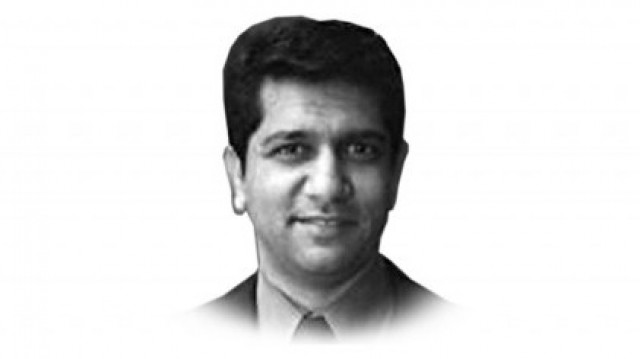PayPal in Pakistan

PayPal in Pakistan
Gross misperception about realities remains a big obstacle to investment. Sami Hinedi, Wi-Tribe’s Global CEO out of Bahrain was asked by a foreign fund manager why Pakistan needed wireless devices in homes when antennas on rooftops should be good enough for a “third world” country. Sami responded, “You have not been to Pakistan.” Pakistan’s rapidly growing community of 18.5 million internet users has high expectations. They are flocking to the net looking for jobs, creating blogs and reading the news. Last December Pakistan clocked in as the eighth fastest growing country on the popular social networking website, Facebook.
But despite these juicy statistical tidbits I have been feeding you, all is not peachy. While over $1 trillion will exchange hands around the globe this year through internet payments, Pakistan’s e-commerce pipes are conspicuously missing. Only a handful of businesses can process credit card transactions through the internet because online merchant accounts are like unicorns here. Citibank is the only bank in the country that offers the service and one has little chance of being approved.
This leaves our affluent and rapidly growing online user population significantly under-served. I was excited after learning that PayPal was interested in “exploring opportunities in Pakistan” during a Skype call with their general manager of South East Asia back in January. Around 10 per cent of the world’s internet transactions are processed by PayPal.
By the time you finish reading this article, it will have processed over Rs110 million — that’s $2,200 per second. In 1999 I was at a Silicon Valley party when Luke Nosek, one of PayPal’s co-founders, offered to wirelessly “beam” $5 to my PalmPilot’s infrared port. I gladly accepted Luke’s offer, which he repeated several times during subsequent social events out of excitement and perhaps beverage-induced euphoria. Instead of being smug about the $20 I got from Luke, I should have been investing in his company.
PayPal was bought by the auction site eBay for $1.5 billion in 2002 and Luke disappeared to the Greek Islands. Since then PayPal has transformed itself from a handheld device payment service to one of the world’s largest payment processors, giving Visa a run for its money. Whether PayPal decides to enable internet transactions in Pakistan is anybody’s guess. I suspect the first battle will be internal with their legal and compliance teams.
Fears of enabling terrorist funding, money laundering compounded by instability must be overcome by realising that Pakistan has the all the ingredients of an ideal emerging market which is why both Western Union and MoneyGram opened up shop here. The global story on terrorism tends to be the prism through which international media filters Pakistan related news. The biggest obstacle is convincing John Smith in legal to stick his neck out. He needs to stop watching Fox News.
If you only hear about bomb blasts, you tend to think that’s all that’s happening. The distorted perception is pervasive. Unfortunately, sometimes perception becomes more important than reality.



















COMMENTS
Comments are moderated and generally will be posted if they are on-topic and not abusive.
For more information, please see our Comments FAQ